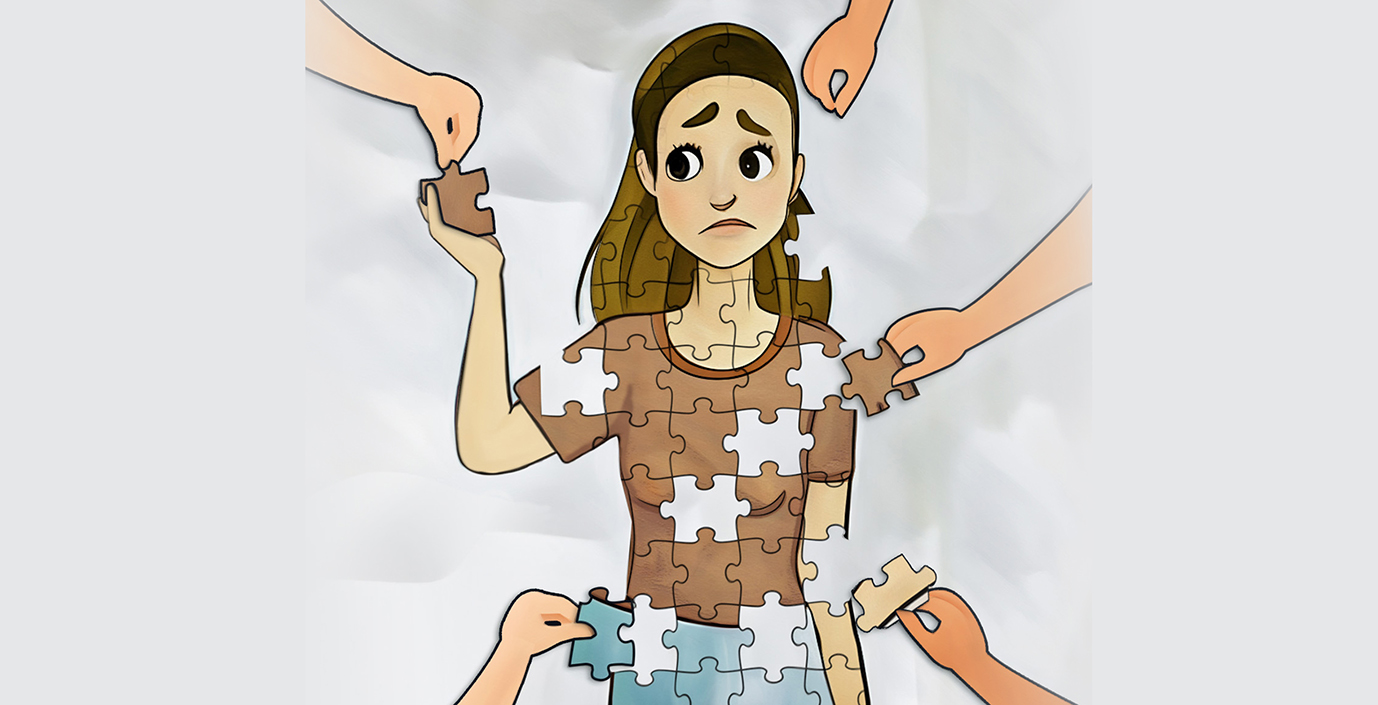The cost of always saying yes
People-pleasers can suffer negative physical and mental health consequences when they feel they have failed to satisfy someone else.
Are you someone who has a difficult time saying no? Do you agree to things when you don’t want to? Do you shoulder the blame when it’s not your fault? If you answer yes to these three questions, then you might be a people-pleaser.
According to a Verywell Mind article, people-pleasing is closely tied to a personality trait called “sociotropy.” Sociotropy is when a person feels overly concerned with pleasing people and gaining their approval to maintain relationships with others. This personality trait can lead to many effects, including anger and frustration, anxiety and stress, and weaker relationships.
Why people become people-pleasers
There are various reasons why people exhibit sociotropy. Sometimes, what is learned in childhood can carry on into one’s adulthood. According to a 2019 article by Dr. Liddy Carver, a counsellor and trauma therapist, “In infancy, we learn that to earn the love and affection of our caregivers, we need to act in ways that are rewarded. For example, cute smiles and giggles often result in cuddles and affection from our parents.” Some people carry on these learned behaviours in favour of others to get what they want, while others keep them even if it is no longer in their best interest.
“If you are a people pleaser, you might want your friends and family to be happy all the time, but always putting others’ emotional happiness before your own can be detrimental [to] your mental health,” stated Dr. Carver in the article.
The Verywell Mind article highlights several additional factors that contribute to people-pleasing behaviour, including low self-esteem, insecurity, perfectionism, and challenging or traumatic past experiences.
The article states that people-pleasers often lack self-confidence and seek external validation, believing that by catering to others’ needs, they will gain approval and acceptance. For instance, if paired up in group projects with friends, people-pleasers will finish their friend’s assignments in addition to their own—not because they want to, but because they fear their friends will leave them if they don’t.
Other people-pleasers become this way due to painful experiences they have endured. Specifically, people who have experienced abuse will try to please others to avoid facing further abuse or triggering abusive behaviour in others. For instance, a child who may have faced abuse after having a bad grade in school will attempt to achieve high marks to avoid triggering abusive patterns of those who abused them.
Sacrifices of pleasing others
According to an article published in the Indianapolis Business Journal, “The moment we forsake our own voice, opinion or sense of self to please someone else is the point when being a people pleaser turns from strength to pitfall. It’s the moment we trade in our authenticity for likability, our creativity for consensus, and our convictions for harmony.”
When people-pleasers sacrifice their well-being for the happiness of others, they neglect their own emotions and needs. This creates a cycle where they suppress their own desires and prioritize others in everything they do.
Dr. Carver stated in her article, “Because it’s become your mission to put others before you when someone isn’t happy it can feel like a personal failure. The extra stress created from this can have a detrimental effect on your mental and physical health.”
People-pleasing can have a huge impact on one’s mental health, as keeping others happy can stretch a person’s own physical and mental resources too thin. Trying to manage this routine can cause stress and anxiety for those who are people-pleasers.
Steps toward positive change
Despite the costs and challenges of people-pleasing, people-pleasers can still achieve happiness. Though it may be hard, there are ways to break free from the cycle of sacrifices. Like any other challenge to overcome, it is important to start small and be consistent with the healthy changes you make.
According to the Verywell Mind article, it is important to start saying no to smaller requests and to try expressing your opinion about something. Taking baby steps is important and can eventually lead to bigger change.
Positive self-talk is another way to break the cycle. Remind yourself that you deserve time for yourself and that your goals are just as important as anyone else’s. Self-love is the key to many things, including breaking the pattern of people-pleasing.
Loving yourself first isn’t selfish—it’s a healthy foundation for truly being able to love and care for others effectively.

